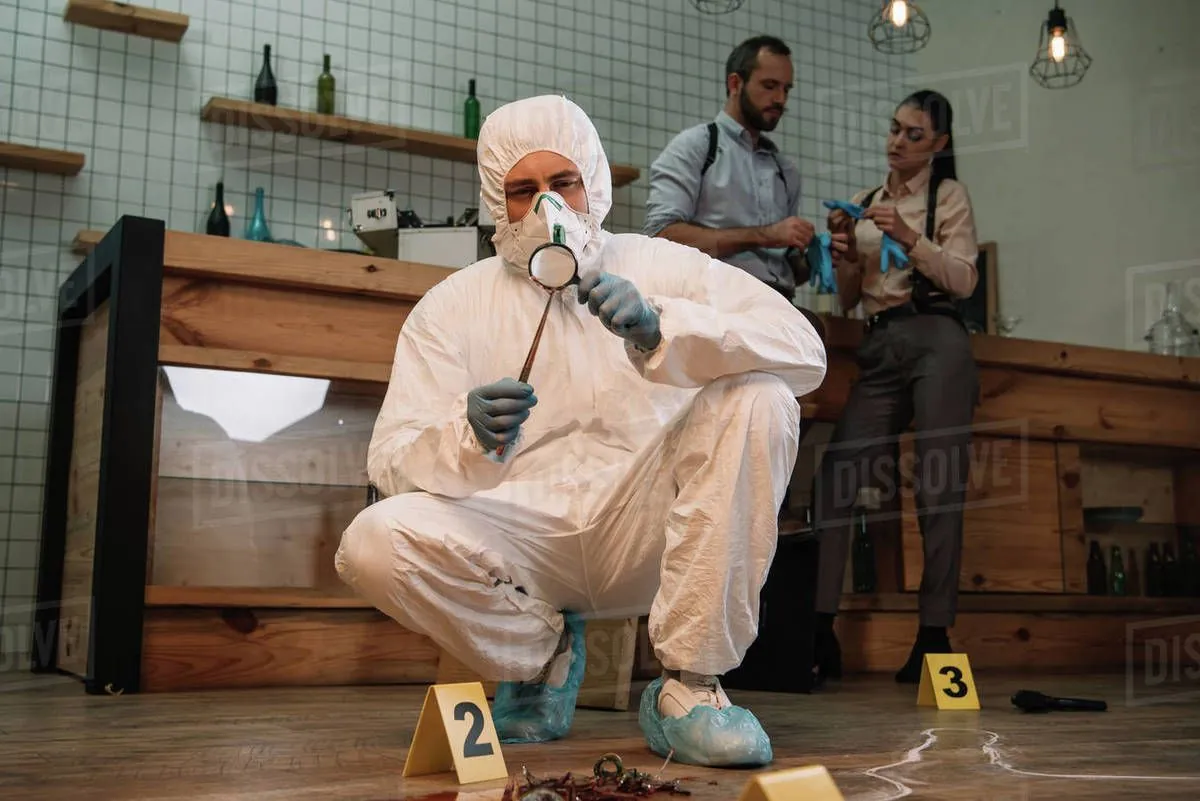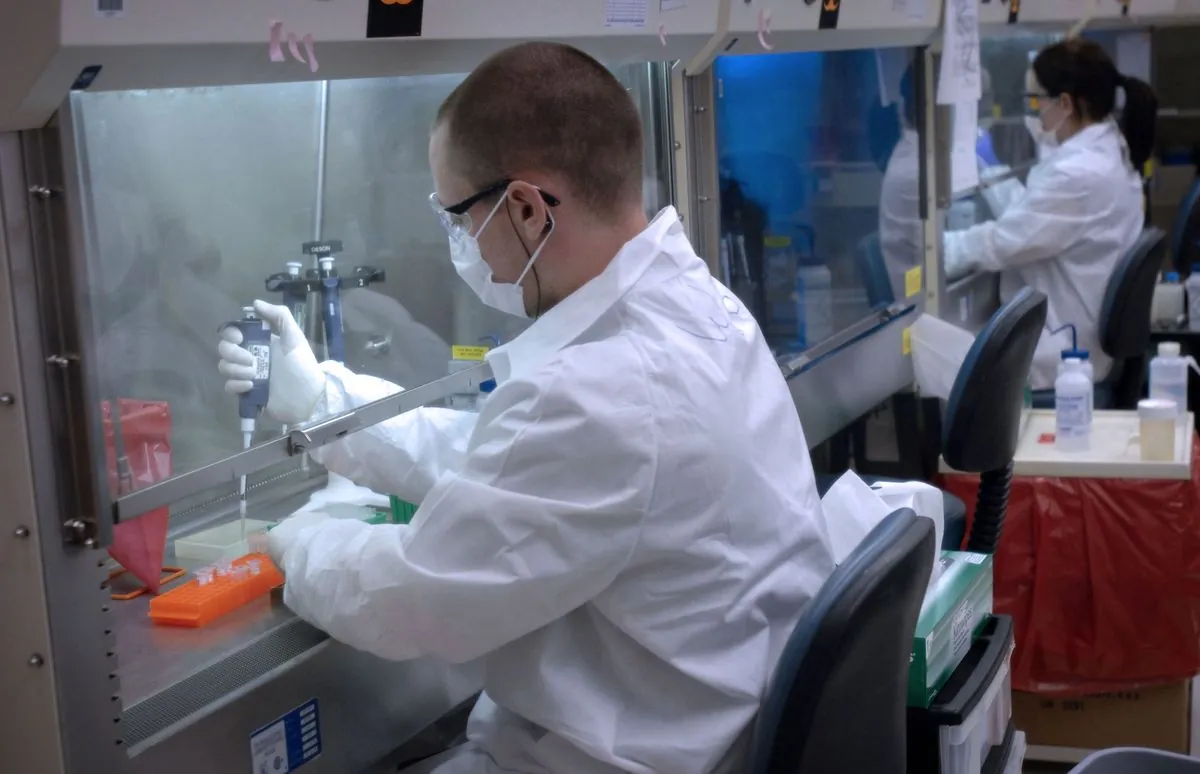Interpol Expands 'Identify Me' Operation to Solve 46 Cold Cases Across Europe
Interpol and six European nations reopen investigations into 46 unidentified female victims. The expanded operation builds on previous success, emphasizing public assistance and advanced forensic techniques.

Interpol, in collaboration with law enforcement agencies from six European countries, has announced the expansion of Operation Identify Me, a initiative aimed at solving cold cases involving unidentified female victims. The operation, which now encompasses 46 cases, builds upon the success of a 2023 effort that focused on 22 cases across Belgium, the Netherlands, and Germany.
Jürgen Stock, Interpol's Secretary General, emphasized the operation's dual objectives: "We want to bring answers to families and deliver justice to the victims." This statement underscores the importance of closure for affected families and the pursuit of justice, even in long-standing cases.
The expanded operation now includes France, Italy, and Spain, alongside the original three countries. This international cooperation showcases the power of cross-border collaboration in solving complex criminal cases. Interpol, founded in 1923 and currently boasting 195 member countries, has a long history of facilitating such multinational efforts.
One of the most notable successes from the initial phase of Operation Identify Me was the identification of Rita Roberts, a British woman whose remains were found in Belgium 31 years ago. Her case was solved thanks to public tips, particularly information about her distinctive flower tattoo. This breakthrough highlights the crucial role that public assistance plays in resolving cold cases.

The new phase of the operation will utilize a range of advanced forensic techniques, including DNA profiling and facial reconstruction. DNA profiling, first developed in 1984, has become a cornerstone of modern forensic science. Similarly, facial reconstruction techniques, which have been used in forensics since the 1970s, continue to evolve and provide valuable leads in identifying unknown victims.
Interpol has taken the unprecedented step of publishing extracts from their "Black Notices" on their website. These notices, traditionally circulated only among police forces, contain crucial information about unidentified bodies, including biometric data and physical descriptions. This move to involve the public directly in the investigative process represents a significant shift in approach for the international police organization.
The use of advanced technologies in this operation is not limited to forensic science. Interpol's global database, which contains information on millions of criminals and lost or stolen items, will likely play a crucial role. Additionally, the I-24/7 global police communications system, launched by Interpol in 2002, facilitates rapid information sharing among member countries.
As the operation progresses, it will draw upon the diverse expertise of the participating countries' law enforcement agencies. From the storied Carabinieri of Italy, dating back to 1814, to Spain's Guardia Civil, established in 1844, each agency brings its unique history and capabilities to the table.
The success of Operation Identify Me could have far-reaching implications for cold case investigations worldwide. As Jürgen Stock noted, "We can't do it alone." This acknowledgment of the need for public involvement, combined with international cooperation and cutting-edge forensic techniques, may set a new standard for addressing unsolved cases globally.
"We want to ... bring answers to families and deliver justice to the victims."
As this operation unfolds, it serves as a testament to the evolving nature of international law enforcement cooperation and the enduring commitment to solving even the most challenging cases.


































